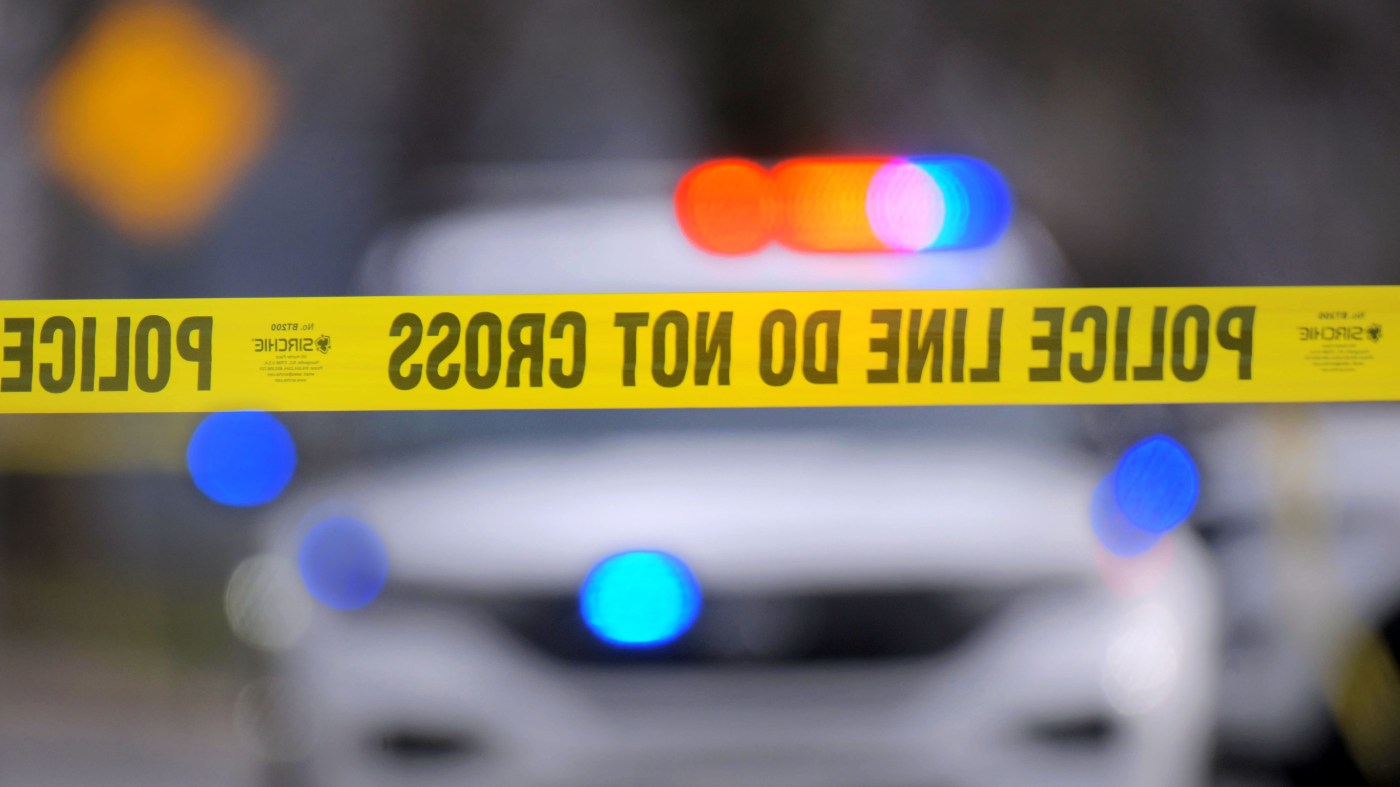In urban areas like Chicago, Portland, Baltimore, and St. Louis, a growing crisis of safety has emerged, particularly affecting the lives of the poor. In these cities, residents grapple with a pervasive atmosphere of lawlessness, which some describe as a form of quiet tyranny. According to political analyst and columnist Armstrong Williams, this situation is exacerbated by the actions and policies of Democratic leaders, who seem to prioritize slogans over tangible solutions.
The reality for many working-class families is grim. A mother may hesitate to walk to the bus stop after sunset, while elderly residents often feel compelled to double-lock their doors and remain vigilant throughout the night. Children navigating their way to school face daily risks, turning what should be a simple routine into a perilous journey. Despite these conditions, politicians, often shielded by armed security, advocate for gun control measures, arguing that police will ensure public safety. However, Williams points out that police response times are often slow, leaving vulnerable communities exposed to crime.
The underlying philosophy of some political leaders appears to reflect a paternalistic view of the poor. They suggest that individuals, such as a single mother in South Chicago or a father in North Portland, are incapable of responsibly owning firearms. This perspective, Williams argues, is not one of compassion but rather a form of contempt disguised as care.
The Second Amendment should be regarded as a fundamental right for all citizens, not a privilege reserved for the affluent. Historically, the right to self-defense has been integral to American freedoms, encompassing individuals from all walks of life. Yet, Williams claims that contemporary progressive policies have redefined this right, effectively restricting access for the less privileged who are told to “wait for help.”
A stark contradiction arises in cities with the highest crime rates. For instance, Chicago’s strict gun laws stand in contrast to its rising murder rates, which surpass those of entire states. Portland, once celebrated for its vibrant culture, has become a symbol of urban decline, marked by rampant drug use and homelessness. Those leaders who profess to advocate for the disadvantaged are often the ones whose policies inadvertently leave the most vulnerable populations defenseless.
The moral implications of disarming law-abiding citizens while failing to provide adequate safety are significant. When a government restricts citizens’ rights to self-defense yet cannot guarantee their protection, it raises profound ethical questions. Williams suggests that this represents a failure of leadership, manifesting not only in ineffective governance but also in a moral cowardice that neglects the realities faced by constituents.
There exists a troubling hypocrisy among some politicians: while advocating for reduced police funding, they simultaneously push for stricter regulations on firearm ownership. The systemic inequalities they claim to combat seem to persist, as only those with the financial means can afford private security or live in protected communities. The working poor, in contrast, are often left to rely on emergency services, hoping for timely assistance in moments of crisis.
It is imperative that those affected by these policies—working individuals, single parents, and the elderly—are empowered to reclaim their rights. Williams argues that the right to self-defense is not merely a privilege but an essential civil right that upholds all others. A disarmed populace, he warns, risks becoming dependent, leading to a cycle of despair and helplessness.
The call to action is clear: citizens in Chicago, Portland, and other affected cities must recognize their right to self-defense. Taking personal responsibility for one’s safety should not be viewed as radical but as a common-sense response to a concerning reality. The Constitution enshrines these rights, and it is crucial for individuals to assert their freedom without waiting for permission from political leaders who may prioritize ideology over public safety.
In conclusion, the debate surrounding gun rights and public safety continues to evolve. For those living in high-crime areas, the need for effective self-defense measures is urgent. As Williams articulates, liberty is a responsibility that transcends government provisions; it is a fundamental right that must be honored and upheld by all citizens.






































































